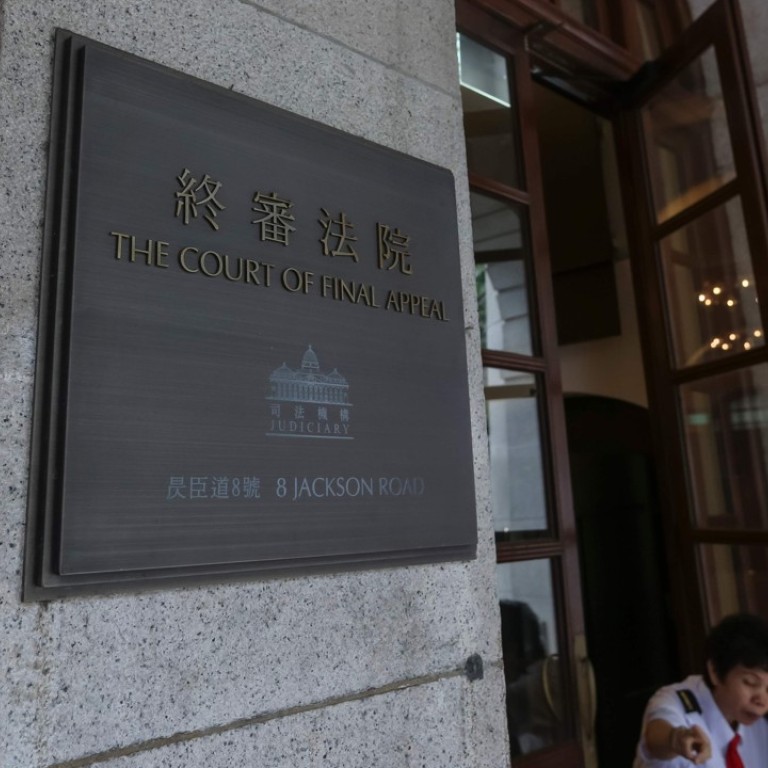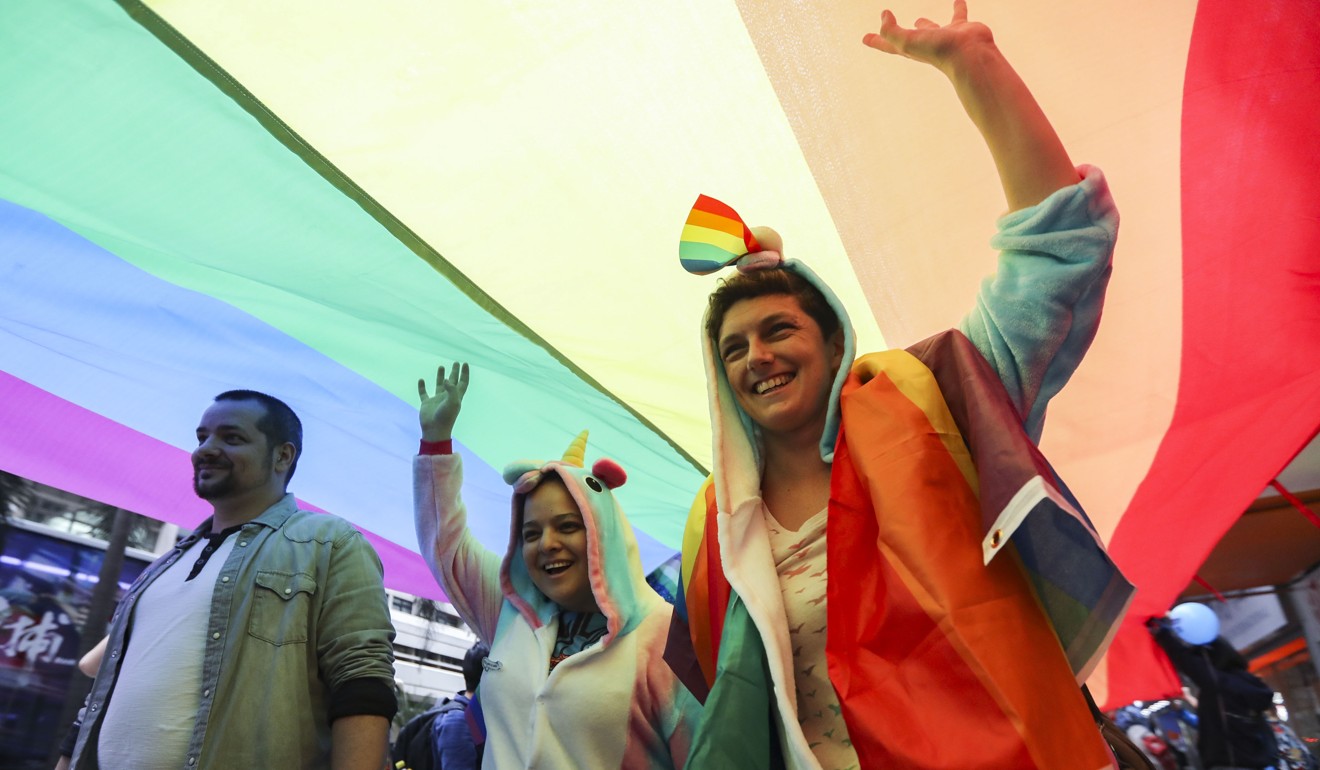
Hong Kong’s top court rejected discrimination against same-sex couples. It’s time for the rest of the city to follow suit
Jan Wetzel says by making clear that each distinction in treatment on the basis of sexual orientation must be justified, the Court of Final Appeal is setting an example of conduct the government should heed – by thoroughly reviewing discriminatory laws, policies and practices
“A second-class citizen because of my sexual orientation” is how “QT”, the British woman wanting to live with her partner in Hong Kong, described her treatment at the hands of the local authorities.
Amnesty International hailed the judgment as a milestone for the rights of lesbian, gay, bisexual, transgender and intersex (LGBTI) people in Hong Kong, who are treated like second-class citizens in many aspects of everyday life. The court’s ruling has the potential to change this.
Same-sex couples in Hong Kong, even when they married or entered into civil partnerships overseas, cannot apply for public housing, succeed in each other’s tenancy should one partner die, or inherit property if there is no will. They also do not have full parental rights for their children.
Watch: Hong Kong’s top court hands down landmark ruling on spousal visa for lesbian couple
The court demolished central pillars of the government’s argument. It made clear that each and every distinction in treatment on the basis of sexual orientation needs to be specifically justified. This approach goes beyond immigration, and must now be applied more broadly.
The court’s detailed explanations of the principle of discrimination offer a cause for particular optimism. This could be a game changer, as the focus shifts from the narrow concern with individual benefits to consideration of the demeaning stereotyping and perpetuation of prejudice that are part and parcel of discrimination, leading to further stigmatisation, marginalisation, resentment and inequality.
By recognising these wider impacts, the court effectively called on the government to put human dignity at the heart of its decisions.
At the very least, the Court of Final Appeal made clear that the government cannot simply argue differential treatment with simplistic references to “core rights unique to marriage”, or claim that the extension of specific benefits is dependent on recognising same-sex marriage.
The court further recognised that the concept of family applies to same-sex couples. Though admittedly brief, its references to same-sex partnerships as genuine, close and enduring family relationships imply that not only the right to equality is engaged, but also that to private and family life. This is consistent with international case law and adds an important consideration to the local debate.
Critics of the decision, many of whom dress their opposition to LGBTI equality under a cloak of “traditional family values”, scrambled to downplay its consequences. They argue that the court did not redefine marriage in Hong Kong law but stated that it “is not a status open to couples of the same sex”.
This also became clear when the court’s judges quizzed the government side on this issue during the QT hearing last month. The argument that there is something special about the right to marriage in Hong Kong that rules out this option, in contrast to foreign jurisdictions that recognise same-sex marriage, simply does not hold up.

Instead of doggedly turning away LGBTI people who ask for no more than equal treatment, the government should see this case as a real opportunity for change. The QT ruling should spark a thorough review of laws, policies and practices in other areas as to the direct and indirect discrimination LGBTI people face in Hong Kong, something long called for by the UN and others.
A critical starting point would be to swiftly introduce comprehensive and specific legislation against discrimination on the grounds of sexual orientation, gender identity or intersex status.
Legislation is not a panacea, but it would send a strong signal that the government is serious about the human rights of LGBTI communities, and that Hong Kong is not only “open for business”, but also for diversity.
It would be a major step towards ensuring no one else in Hong Kong feels like a second-class citizen because of who they are or who they love.
Jan Wetzel is senior legal adviser at Amnesty International
